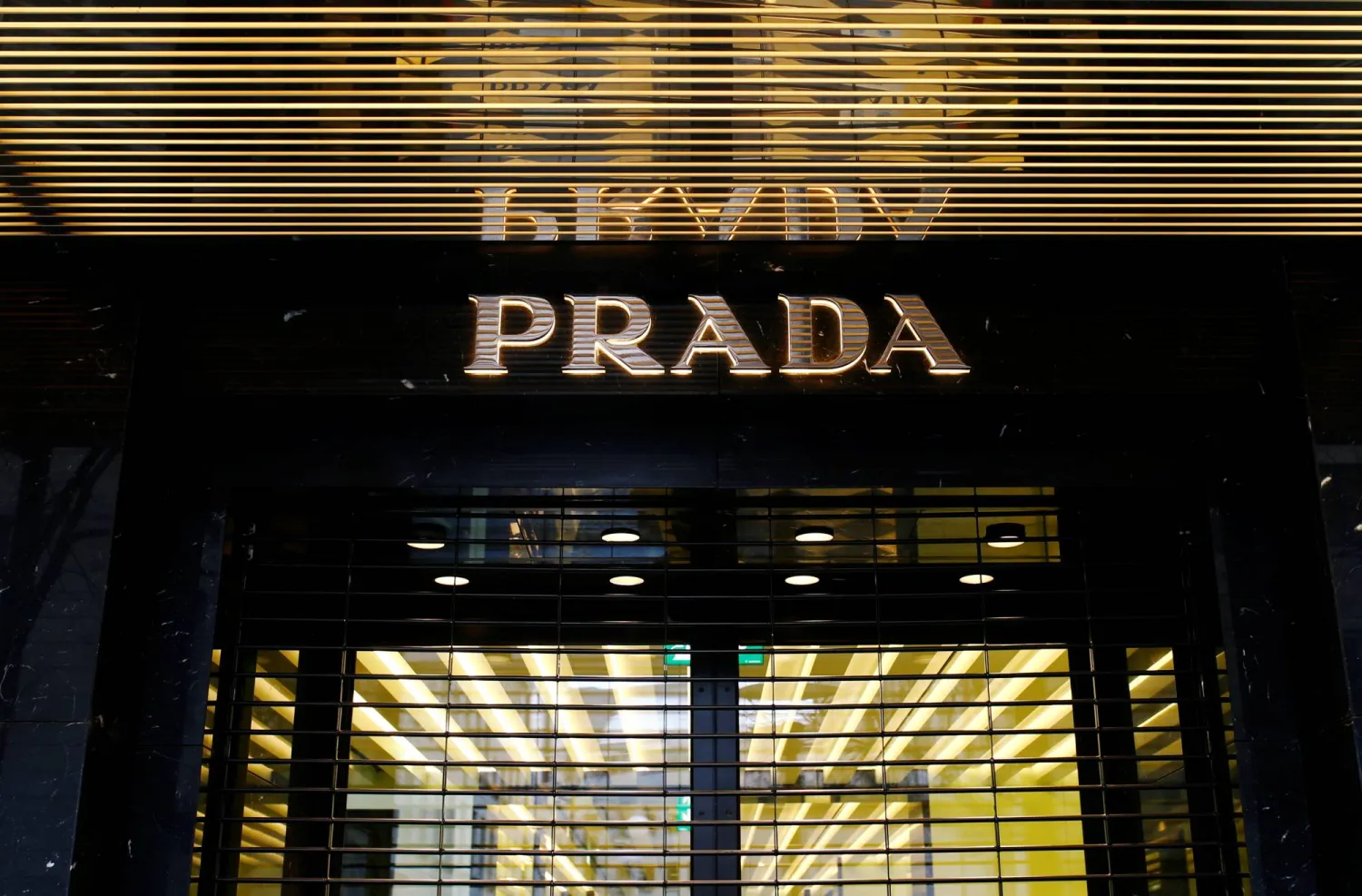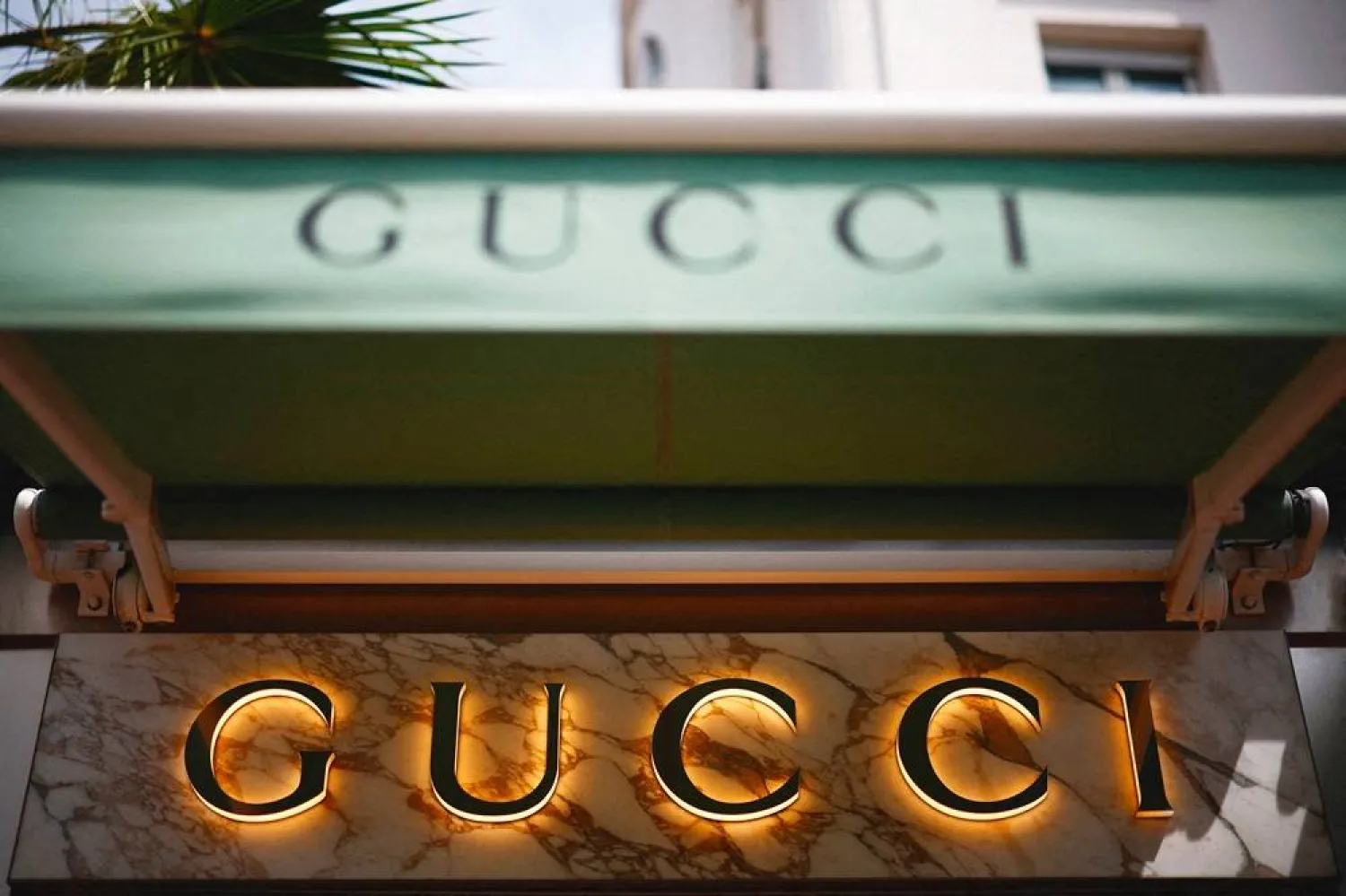Forty years after its founding, Japanese clothing retailer Uniqlo has more than 2,500 stores worldwide. Sales at its parent company, Fast Retailing Co., recently topped 3 trillion yen ($20 billion) annually for the first time.
The name Uniqlo comes from joining the words for “unique” and “clothing.” The chain’s basic concept is “LifeWear,” or everyday clothing. Uniqlo parent Fast Retailing Co. Chief Executive Tadashi Yanai, ranked by Forbes as Japan’s richest man and estimated to be worth $48 billion, spoke recently to The Associated Press at the company’s Tokyo headquarters. The interview has been edited for length and clarity.
Q: What were the biggest challenges over the past 40 years?
A: Actually 40 years, upon reflection, went by so fast they feel more like three years. You know what they say in Japan: Time flies like an arrow. I started a regional business, then expanded nationwide.
When we became No. 2 or No. 3 in Japan’s casual wear, and being No. 1 was right within reach, we became a listed company in 1994. That was followed by our fleece boom, which doubled our revenue in one year to 400 billion yen ($2.6 billion).
I’d been thinking about going global when our revenue reached 300 billion yen ($2 billion) so we opened 50 stores in Great Britain, hoping to be a winner there just like we had conquered Japan.
Instead, we got totally knocked out.
We opened 21 outlets in a year and a half, but had to close 16 of them, leaving just five. We didn’t succeed as we had hoped. This is not an easy job. It’s very tough.
But these days, our sales are strongest in London, and also Paris. We made progress gradually.
Q: What are some of the sustainability and other key issues you have faced over the years?
A: We make clothes that last a long time. Not just clothes that last for one season.
The cashmere sweater I’m wearing today is $99. But please don’t say “cheap.” Please call it “reasonable.” We sell quality products at reasonable prices.
We’ve done various sustainability efforts, and we talk only about what we have really achieved.
Sustainability is crucial to our operations. And we’ve done just about everything — recycling, employing the disabled, support for refugees.
The prices may be cheaper at Wal-Mart, but our products offer real quality for the price. We take the greatest care and time, and involve a lot of people. Our rivals are more careless.
Q: What is behind Uniqlo’s success and what resonated with global buyers?
A: When we say Uniqlo is “made for all,” one might imagine products for the masses, like what’s at a Wal-Mart or a Target.
But what we mean is a high-quality product that appeals to all people, including the extremely rich, not only those with sophisticated taste and intelligence, but also people who don’t know that much about clothes, and the design is fine-tuned, the material fine quality, and sustainability concerns have been addressed.
We were first a retailer, then a manufacturer-cum-retailer. Now we are a digital consumer retailer. That is why we are successful. If we had stayed the same, then we can’t hope to succeed.
Being a digital consumer retail company means we utilize information at a high level to shape the way we do our work. We gain information about our customers, the workers at the store, the market, all that information.
Changing daily is the only way we can hope for stable growth. The world is changing every day.
Q: Are you confident you can keep it up another 40 years?
A: Of course. We’ve been preparing to reach 3 trillion yen ($20 billion) revenue all these years. And we are finally starting to be known. But we still have a long way to go.
We are just getting started, and we are going to keep growing. There is more potential for growth in Europe and the US, as well as China and India, given the 1.4 billion population in each country. Clothing is a necessity, so population size is key.









